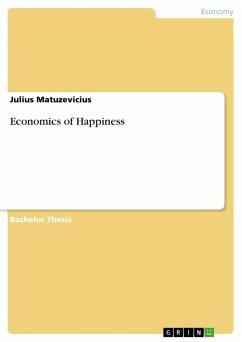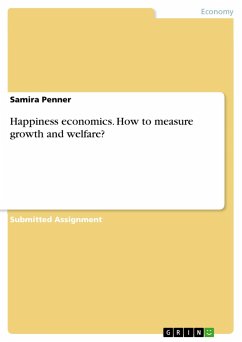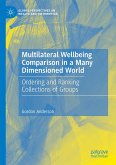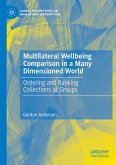There is a lot of attention for happiness, but there is also a lot of confusion, about the concept and the nature of happiness. This book wants to reduce this confusion, to make the deliberations and discussions about happiness more productive. A reduction of confusion will also make it easier to assess happiness as a possible standard in our personal life and in politics. Acceptance of happiness as a standard will have positive effects. Acceptance in personal life will make individuals more critical, and less vulnerable for adversity and manipulation. Acceptance in politics will contribute to a better detection and analysis of social-economic problems. Such positive effects are important for well-being. Well-being is usually defined as 'objective well-being' by experts, like medical specialists or psychologists. They apply their professional standards like blood pressure or personality characteristics. Happiness, on the other hand, is 'subjective well-being' as experienced by the people themselves. This happiness is the appreciation of one's own life as a whole, and this appreciation is based on standards people have adopted themselves, knowingly or unknowingly. Happiness as subjective well-being, and objective well-being as defined by experts, are complementary. It is important to asses objective and subjective well-being simultaneously, and it is incorrect to ignore one of them.
Bitte wählen Sie Ihr Anliegen aus.
Rechnungen
Retourenschein anfordern
Bestellstatus
Storno








